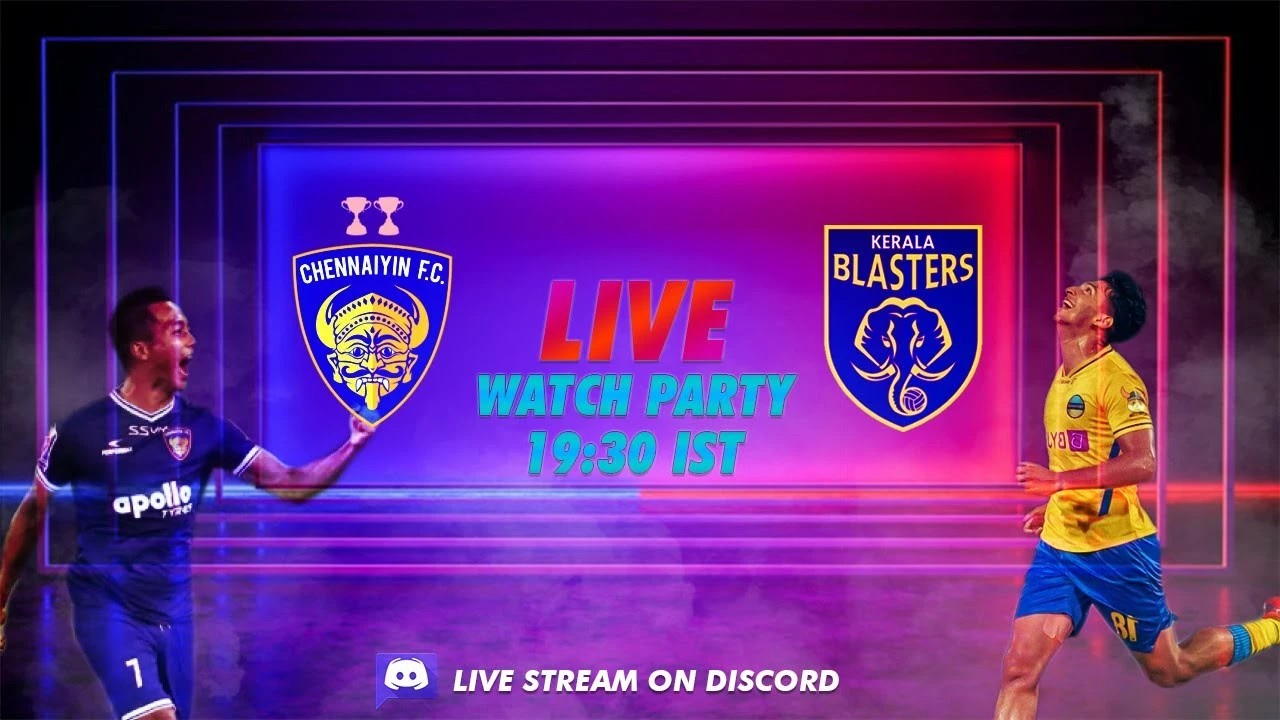Illegal in Soccer: What Breaks the Rules and Why It Matters
Ever wonder why some moves on the pitch get a red card while others stay unnoticed? In soccer, “illegal” isn’t just a fancy word – it covers anything that breaks the official laws or the sport’s ethical code. From a player stepping offside to a club sneaking around transfer rules, each breach has a clear reason and a real consequence.
Common Illegal Actions on the Field
On‑field infractions are the easiest to spot. A handball, a dangerous tackle, or a deliberate goal‑line foul all fall under the illegal umbrella. Referees enforce these rules because they keep the game fair and safe. A straight red for violent conduct, for example, not only removes a player for the rest of the match but also adds a suspension that can hurt a team’s season.
But there are subtler illegal moves too. Off‑the‑ball incidents, like a defender pushing an opponent when the ball is elsewhere, often escape quick detection. Video‑assisted ref (VAR) helps, yet players still test the limits, hoping the referee won’t see. That’s why coaches stress discipline: one illegal act can swing a league title or cup final.
Off‑Field Illegality: Transfers, Contracts, and Betting
Outside the stadium, illegal behavior can be even more damaging. Illegal transfers happen when clubs break FIFA’s rules – think hidden fees, third‑party ownership, or signing a player before the official window opens. Those deals can lead to fines, points deductions, or bans for the officials involved.
Contract disputes also get messy. A club forcing a player into a one‑year deal without proper compensation may violate labor laws and FIFA regulations. Players and agents who cheat on paperwork risk suspension and loss of licensing.
Then there’s match‑fixing and illegal betting. When a player or official manipulates a game’s outcome for money, the sport’s integrity crumbles. Governing bodies impose lifetime bans and cooperate with police to hunt down gambling rings. The fallout includes damaged reputations, lost sponsors, and a disillusioned fan base.
For fans in Tylorstown, these issues matter because they shape the experience at the local level. A club caught in an illegal transfer scandal might lose a star player, which directly impacts match results and community pride.
How Penalties Work and What You Can Do
Sanctions are designed to deter future violations. On‑field illegal actions lead to yellow or red cards, plus possible suspensions. Off‑field breaches trigger financial fines, transfer bans, or even relegation for severe cases. Players found guilty of doping receive bans ranging from months to life, depending on the substance.
If you suspect illegal activity, report it to the club’s governing body or a trusted watchdog. Transparency helps keep the game clean, and many organizations reward whistle‑blowers with protection and anonymity.
Staying informed is the first step. Follow reliable news sources, watch official club statements, and pay attention when a story mentions “investigation,” “fine,” or “suspension.” Those keywords often signal an illegal issue brewing.
In short, illegal actions – whether a foul, a shady transfer, or a betting scheme – hurt the sport, the clubs, and the fans. Understanding the rules, spotting red flags, and supporting fair play keep soccer exciting and trustworthy for everyone, including the Tylorstown community.
Is it illegal to stream live football matches?

